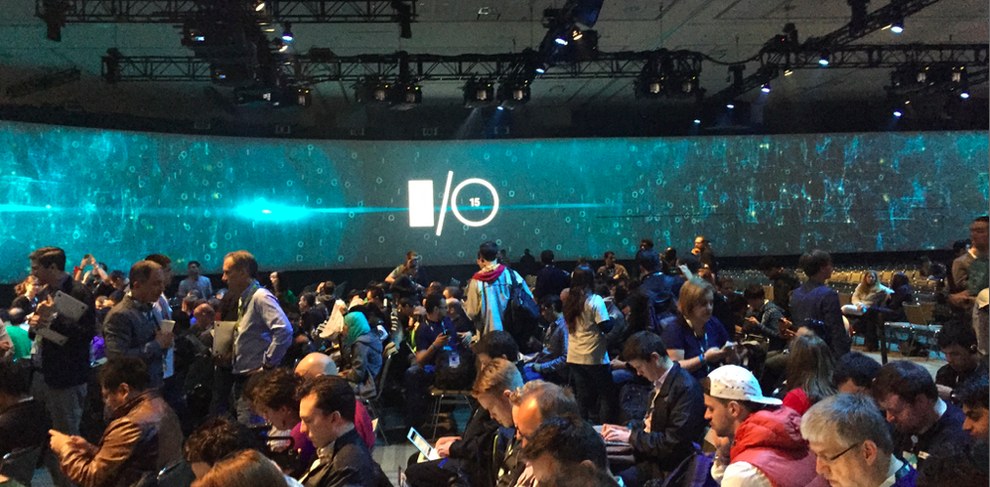If you’d like to receive these updates in your email, you can subscribe to the newsletter here.
My friend Gio tells me he liked the tone of the last newsletter. Sure, it’s a sample of one, but I like writing how I talk, so I guess I’ll keep going—until I get a request to be a little more “corporate”, in which case I’ll start using words like “engagement” and “take it offline”. I refuse to use “ask” as a noun, though. One has to draw the line somewhere.
Anyway, the quote I can’t get out of my head this week is from Madeline Ashby’s No one cares about your jetpack — an article about the relative box office failure of the movie Tomorrowland. The whole thing is good, but this paragraph stands out:
In the end, the lacklustre performance of Tomorrowland at the box office has nothing to do with whether optimism is alive or dead. It has to do with changing demographics among moviegoers who know how to spot an Ayn Rand bedtime story when they see one. There are whole generations of moviegoers for whom jetpacks don’t mean shit, whose first memories of NASA are the Challenger disaster. And you know what? Those same generations believe in driverless cars, solar energy, smart cities, AR contacts, and vat-grown meat. They saw the election of America’s first black president, and they witnessed a wave of violence against young black men. They don’t want the depiction of an “optimistic” future. They want a future where their concerns are taken seriously and humanely, with compassion and intelligence and validation. And that’s way harder than optimism.
I’ve felt for a long time that what people (I agree with Rebecca Onion that we need to ditch generational labels) now crave the most is authenticity. We’ve learned how to see through most flavors of BS, and we are drawn to people situations that don’t try to dress things up to hide the truth. In short, we prefer “I made a mistake” to “Mistakes were made”.
I love What exactly are our rules comprised of?, a story in The Economist about a guy who believes his grammatical mission in life is to remove every Wikipedia instance of the phrase “comprised of” that he can find. And then there’s the guy who doesn’t believe in the past perfect tense. We should all have this much conviction about something in our lives.
In The Web of Alexandria (follow-up), Bret Victor continues a very interesting discussion about the role of the web to both preserve knowledge (the idea of a “common record”) and forget certain things (ephemeral discussions). He draws the following, well-argued conclusion:
[The web] currently has the property that it forgets what must be remembered, and remembers what must be forgotten. It manages to screw up both the sacredness of the common record and the sacredness of private interaction.
Mike Errico looks at the economics of music streaming, and those who try to game the system, in Everything in the Music Industry Has Changed Except the Song Itself. There’s a fascinating story about a band who made $20,000 by releasing an album of silent tracks and convinced their fans to stream it while they slept. It’s a weird new world in this industry.
Here’s an upside down thought. Clive Thompson asks us to consider that maybe when people text and drive, the most important of the two activities isn’t the driving, it’s the texting. So maybe we shouldn’t stop people from texting, but rather look for ways to get them to stop driving. Park the Car, Take the Bus is a very intriguing take on this topic.
And finally, in honor of Google I/O this week, I’ll leave you with this:
Let us know everything about you. We promise it’ll be worth your while. http://t.co/vJv4ucoZmt
— Josh Clark (@bigmediumjosh) May 29, 2015

Happy weekend, everyone!